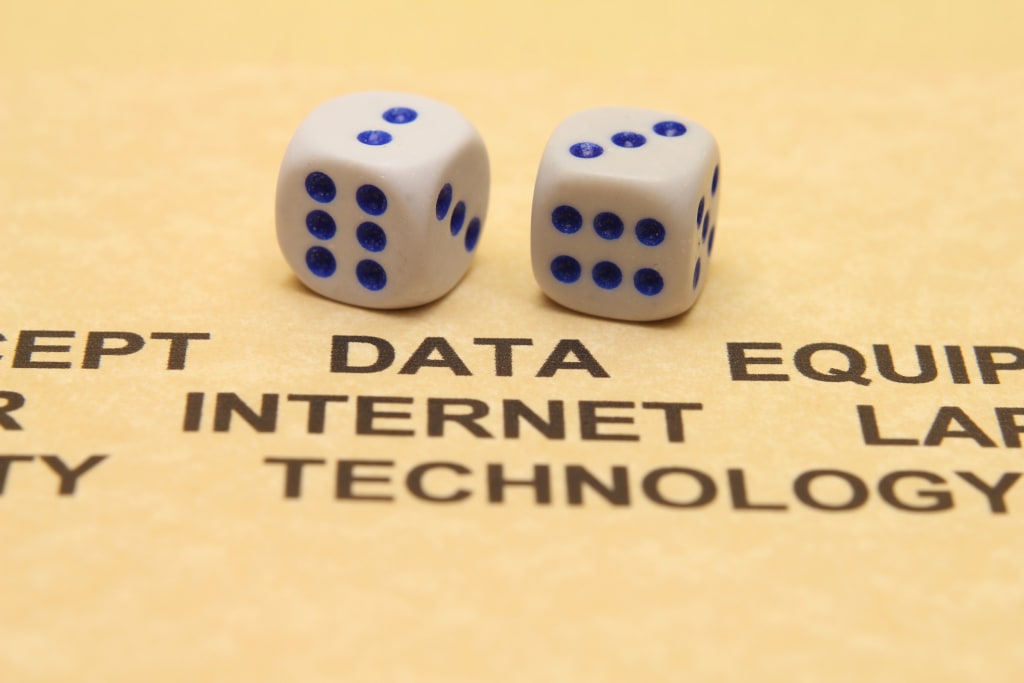
What does the law allowing ISP’s to sell your information mean for you?
Before we get started, I want to be clear, I am a major advocate for privacy rights. Many times I’ve given my speech titled Privacy is dead; Long Live Privacy.
This being said, for everyone who just lost their minds about the legislation being signed into law here your ISP can sell your information retroactively, and without the ability to opt out, please relax. You should be angry, but you should have already been concerned.
I’m not a fan of this legislation, and personally I believe it’s wrong. Here are my major concerns:
• You don’t have a right or an ability to opt out of having your information sold or disclosed. This is far more favorable to the ISP’s than most service providers. For example, if you have an eMail list (Mail Chimp, etc.) you are required to provide the ability to opt out, and have a physical mail address as well. Most eCommerce and Internet based businesses are also required by law and regulation to get your approval to send you eMail, or to share/sell your information.
• Your choices about ISP’s are severely limited, and in many areas, you have a single option for broadband level service, and there are a limited number of providers overall, which means the market and consumer leverage is limited.
• Your ISP has and can capture a full record of all your internet usage and traffic.
• There are no guarantees as to how your data will be presented or bundled for sale.
• The Federal Communications Commission and the Federal Trade Commission are restricted in their abilities to put further controls and regulations in place.
All of this being said, here is why you shouldn’t be too much more concerned today than you should already have been:
• Google and other analytical services already capture and track the majority of traffic, both the sources and destinations. This information is already out there, and is already being sold and exchanged.
• Contrary to public opinion and how many outlets have spun the story, it is unlikely ISP’s are going to create portals where for free, or a nominal fee you’d be able to run out and buy the browsing history of your spouse, boss, preacher, potential employee, or the person you want to stalk. This being said, It is possible, even likely in the future this information will be used much like your credit report or criminal history for hiring in some types of jobs, or other forms of screening.
• There is no complete anonymity on the internet already. Depending on the websites and other internet based services you are using, people with relatively simple levels of technical skill can already find and identify you, and the sites you visit. Trolls beware.
• Most people already share much of this information publicly through social media and applications, even though they are not always aware of how much information they are sharing.
There are many potential unforeseen and potential unintended consequences which will come from this, and many of the other sweeping regulatory changes coming from the new Trump administration.
In many ways, we are returning to the Wild West days of the early Internet when there were no guiding principles or regulations, that allowed for many of the technological advance and website presences that we now take for granted. If people begin to value their privacy again, new services and technologies will develop to provide the levels of anonymity and security people want.
Some ISP’s have already come out with promises to their customers that their data will not be sold or shared, or at least no more that is already happening. I expect this trend will continue. By the time the pendulum swings back, and they decide to take advantage of the loosening of rules, I expect both legislators and regulators will find ways to provide protections as well.
I now call on all of you reading this to become more aware of your digital footprint, and your overall personal information footprint. Learn how to act responsibly. Be aware, the average American resident’s data is estimated to be worth an average of $5,500 per year. This comes in many forms, and this ISP ruling will only increase this number. Your information is big business.
• Stop oversharing on Social Media. The act of checking in at a restaurant, movie, or event tells the world you aren’t home, and exactly where you are. People with criminal or negative intent often use Social Media which isn’t secured to know how, where and when to act.
• While we are on Social Media, remember these are tools designed to gather information about you, and offer a platform to market to you. The social interaction aspects of Facebook, Twitter, etc. are key to their business model to get you to use the tools, shop, and provide data that can be sold. They aren’t in the altruistic business of sharing cat videos.
• Your loyalty cards for grocery stores, restaurants, and gas stations offer discounts to entice you to spend money with them, but the savings get passed on elsewhere. Based on your shopping habits, not only do those stores market to you, they sell your information to other interested parties to market to you as well. Consider a future where insurers could base your premiums in part on your shopping and eating habits.
• eCommerce sites, such as Amazon, leverage your past habits to predict, and even influence your future purchasing decisions.
At the end of the day, this should reinforce a key lesson. Nothing is truly or completely private in the modern world. Don’t do anything that you are not willing to risk having someone discover. You’re on camera all the time, and every movement you make in Cyberspace is tracked and captured many times over. The new ISP rulings degrade our privacy further, and we as consumers and citizens keep surrendering in the name of convenience.
Please go educate yourself on the ways you can improve your privacy and security in both the digital, and the real world.
Surf safely people.





Comments
There are no comments for this story
Be the first to respond and start the conversation.